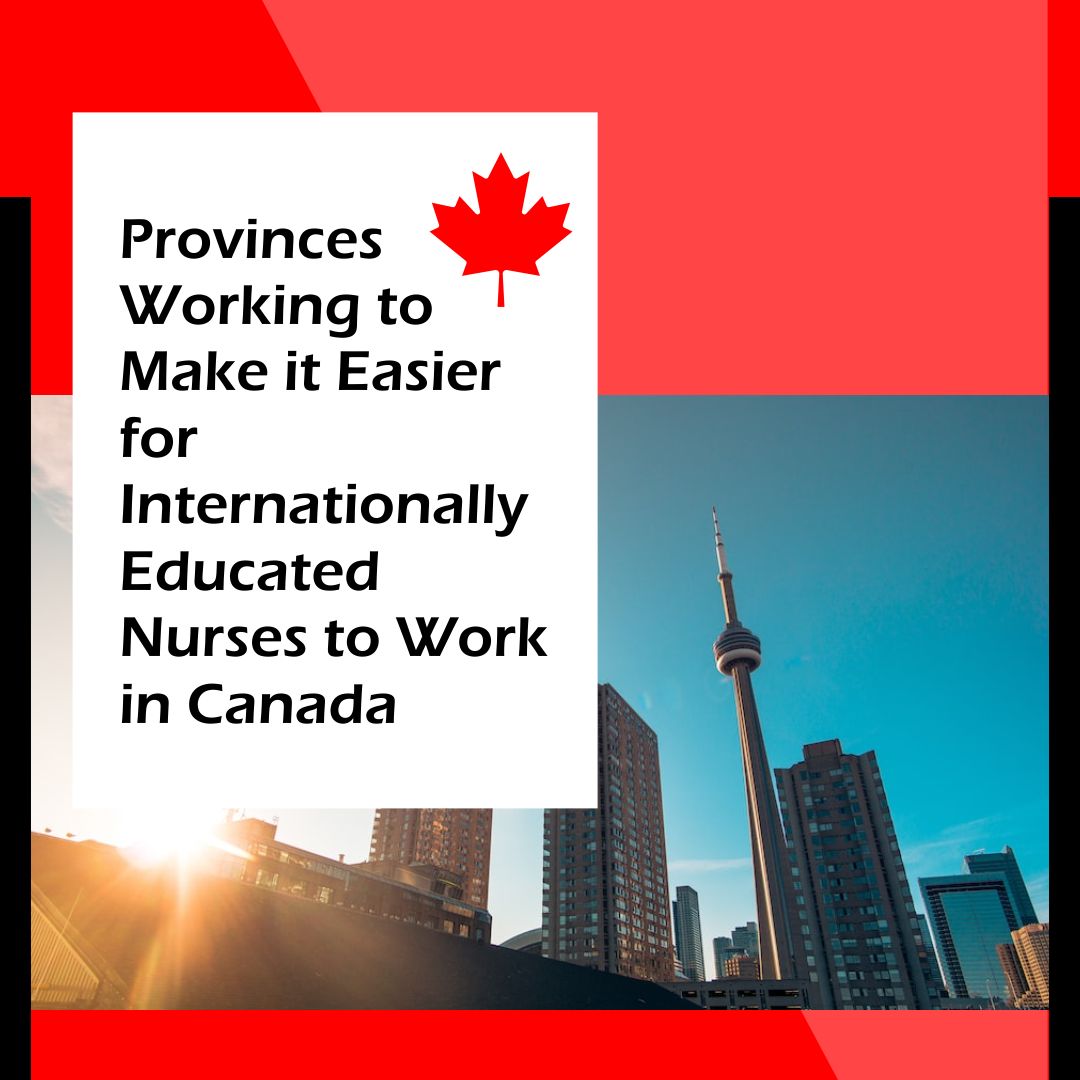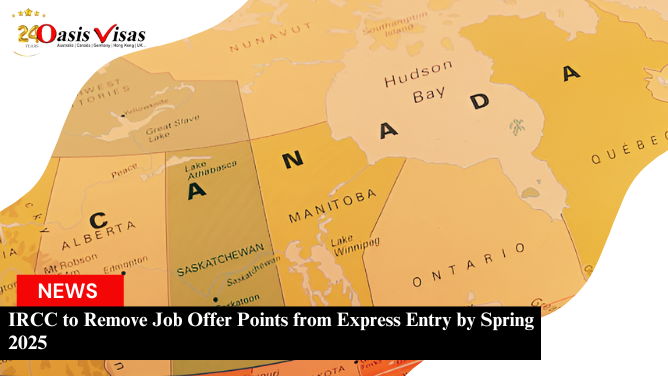
The province of British Columbia has recently declared that it is eradicating some of the obstacles for IENs (Internationally Educated Nurses) to registering with BC. It will do so by removing application fees and providing financial assistance to those nurses who are returning to practice after a period of absence.
British Columbia states it will cover application and fees for assessment for IENs that can cost over $3,700. Additionally, BC will be providing up to $4,000 per person for covering assessments and eligible travel costs for those nurses who are returning to practice after absenteeism.
Canadian Premier David Elby stated, “Supporting nurses is key to our work in making health care accessible to all British Columbians. Still, the demand for nurses is outpacing the supply. There are talented and skilled nurses with the right experience who want to practice in BC and support high-quality care, but they are kept on the sidelines by an expensive and complicated registration process. Whether a nurse was trained in or out of the province, we are ready to welcome those who are ready to care for British Columbians.”
The Government of British Columbia announced $12 million in bursaries for IENs in April last year. Since the funding was announced 5,000 individuals have expressed an interest in nursing in the province. Of these, 2,000 individuals are enthusiastically working toward the completion of the registration and assessment process.
In general, more than 90% of nursing applications in the British Columbia province received College of Nurses and Midwives in 2022, and the following changes occurred.
Ontario is Working to Hire and Retain More IENs
Last fall, the Ontario province made similar steps toward smoothing the path for IENs. The Ontario Ministry of Health, in October, the College of Nurses of Ontario, and the College of Physicians and Surgeons of Ontario put many changes into practice. These changes are mentioned below:
- Enabling internationally educated nurses to register in a temporary class and start working sooner while they work towards full registration
- Making it uncomplicated for retired or non-practicing nurses for returning to the field by introducing flexibility to the condition that they need to practice nursing within a specific period before they apply for reinstatement
- Building a new temporary independent practice registration class for physicians from other Canadian provinces and territories making it simple for them to work for up to 3 months (90 days) in the province of Ontario.
These measures were the start of a plan that would be executed for the long term. Extra measures for IENs came into practice on January 1, 2023, which will have a positive impact and accelerate the registration process that is mentioned below:
- Calling for health regulatory colleges to abide by time limits for making registration decisions
- Excluding health regulatory colleges from requiring work experience in Canada for registration purposes, with a few exceptions including when international experience is accepted
- Accepting language tests that were approved under the IRPA (Immigration and Refugee Protection Act) for reducing duplicate language proficiency testing for Canadian immigrants.
The province supported more than 800 IENs between January and October last year by expanding funding to the managed practice experience partnership program. The province is expecting that number to go up to 1,000 by the end of March 2023.
Like British Columbia, Ontario is provisionally covering the cost of fees for applications, examinations, and registration fees for the College of Nurses of Ontario which can go as high as $1,500. As a final point, the province has made an investment of $764 million for providing nurses in Ontario with up to $5,000 as a retention incentive.
Why is Canada Working So Hard to Catch Healthcare Workers’ Attention?
The healthcare system in Canada is under pressure owing to numerous factors including an aging population. This signifies there are a large number of individuals who need healthcare and that several professionals within the healthcare sector are reaching the age of retirement.
Moreover, a report by the Canadian Federation of Nurses Union states there was a significant strain and a shortage of nurses even before the crisis that was a result of the COVID-19 pandemic. When the pandemic was at its peak, numerous healthcare professionals were working unprecedentedly long shifts with little time off. This has caused several to require extended leave for their mental health, or to give up the healthcare sector.
According to data collected from Statistics Canada, there were 151,200 unfilled positions in health care and social assistance in October, which was the highest level across all sectors. As well, it was a little changed from the record high of 152,800 in July.
The latest data from December last year displays that the employment rate in healthcare and social assistance is continuing to decline, with the highest number of losses in jobs taking place in the province of Ontario.









